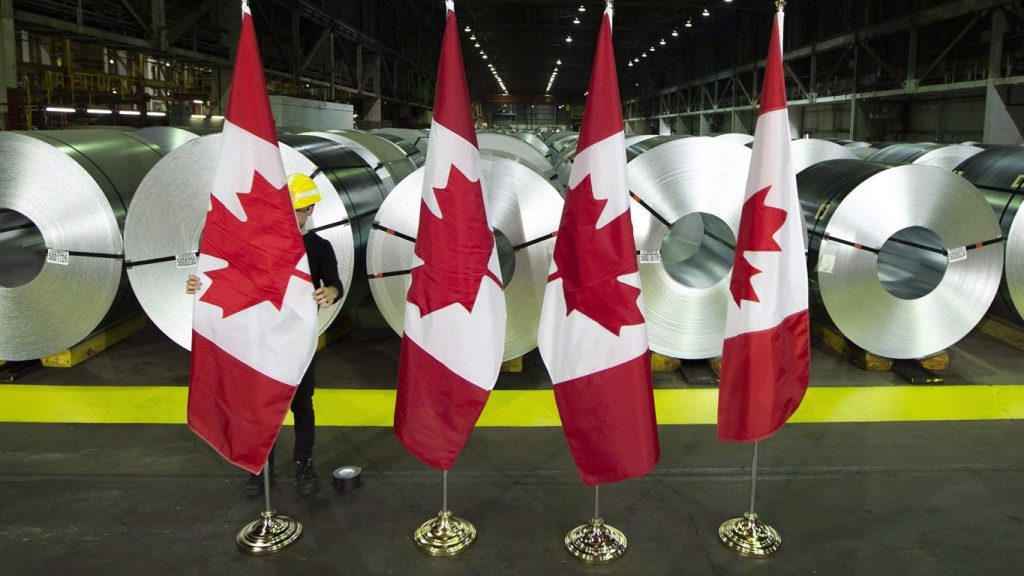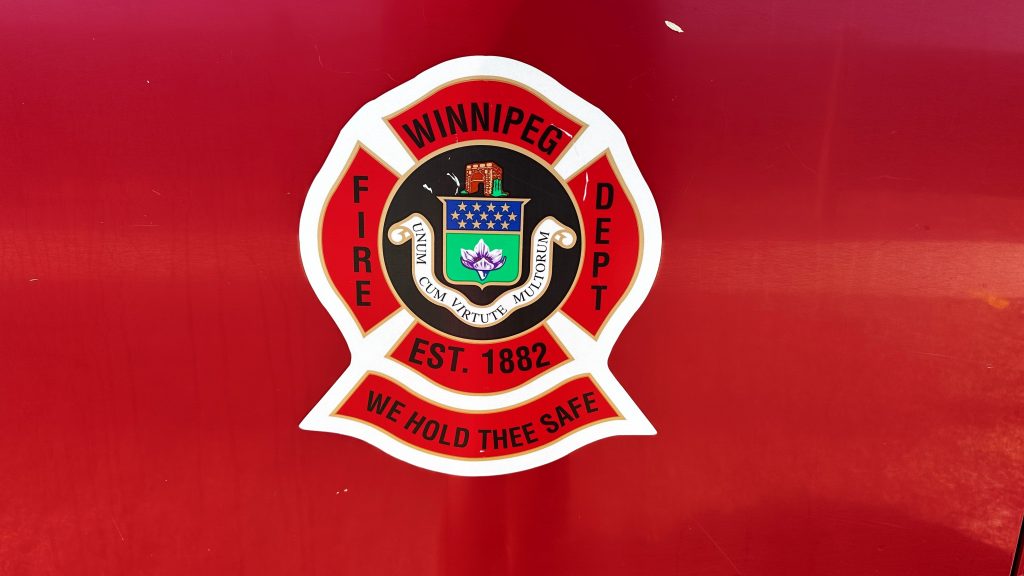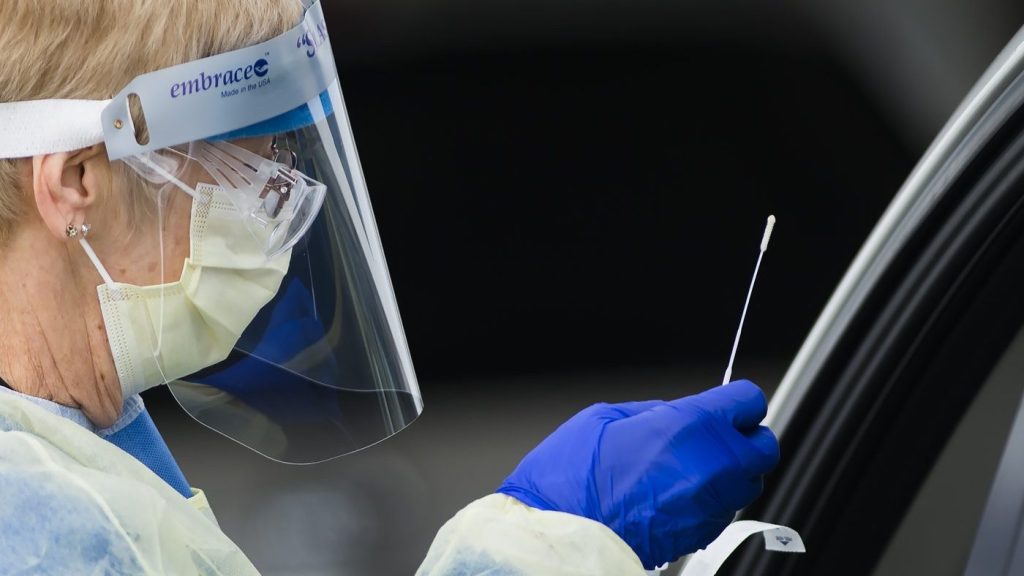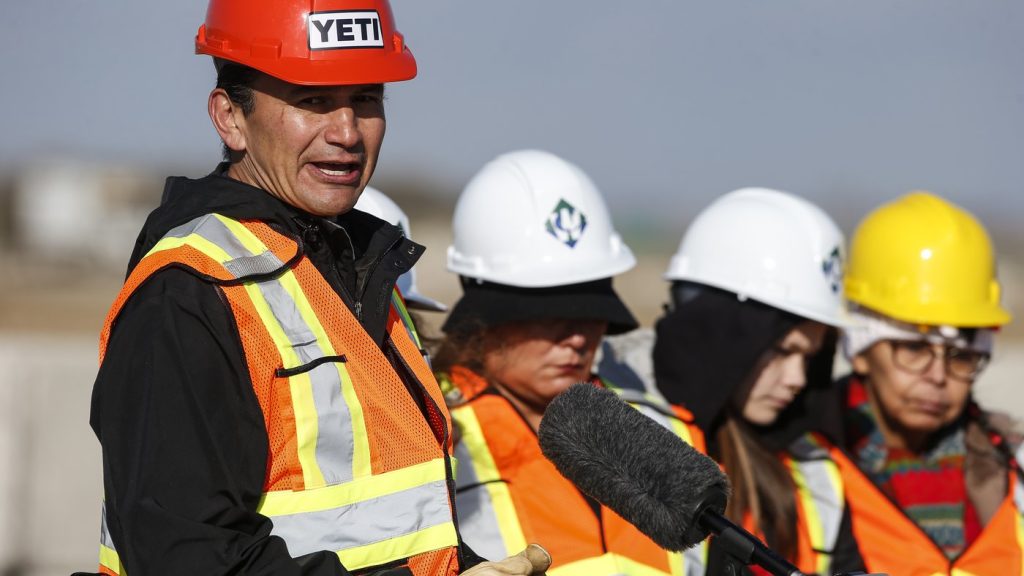Former world junior hockey players’ sex assault case adjourned until April 30

Posted February 5, 2024 3:00 am.
The sexual assault case against five former members of Canada’s world junior hockey team got underway in a London, Ont., court on Monday morning and was quickly adjourned until late April after a short hearing.
Lawyers for all five of the accused players made brief video appearances, agreeing to a future court date of April 30.
None of the players attended Monday’s hearing.
Dillon Dube, Cal Foote, Alex Formenton, Carter Hart, and Michael McLeod were charged with sexual assault late last month. A court document shows McLeod is facing an additional charge of sexual assault for “being a party to the offence.”
Lawyers for the players have said their clients will defend themselves against the allegations.
Assistant Crown attorney Heather Donkers said during the appearance that lawyers for each player will receive disclosure, consisting of a package of “substantial” evidence collected by London police during their investigation on Monday or Tuesday. The contents of this disclosure will be reviewed and discussed during the next hearing.
The judge ordered a publication ban on this case, which prohibits the publishing of any information that could lead to the identities of the alleged victim and two witnesses being made public.
Dube, Foote, and Hart, all 25, and Formenton, 24, were each charged with one count of sexual assault last week related to an alleged incident at a hotel in the southwestern Ontario city in June 2018.
London police are scheduled to provide an update on their investigation at 2 p.m. on Monday.
The police probe was initially closed without charges months after the alleged incident but investigators reopened it in 2022.
In May 2022, it was revealed that Hockey Canada had paid an undisclosed settlement to a woman in London, Ont., after she alleged she was sexually assaulted by eight men, including members of the 2018 men’s world junior team, in June 2018.
Criticism of Hockey Canada’s handling of the alleged assault — plus allegations of another one involving the 2003 Canadian team at the World Junior tournament in Halifax — prompted an overhaul of the governing body’s leadership. Board chair Michael Brind’Amour resigned in August 2022, followed by interim chair Andrea Skinner in early October. Three days later CEO Scott Smith departed. Hockey Canada’s board members also resigned to make way for a new slate of directors.
Those changes came after a series of parliamentary committee hearings in Ottawa and almost all sponsors suspending financial support of the tournament and Hockey Canada’s world junior program. Additionally, eight provincial associations halted fee transfers and/or called for wholesale changes to the organization.
Hockey Canada officials testified on Parliament Hill in July 2022 that the organization had paid out $7.6 million in nine settlements related to sexual assault and abuse claims since 1989, not including the 2022 payout to the London plaintiff.
Revelations of a fund partially maintained by minor hockey registration fees to pay for uninsured liabilities, including sexual assault and abuse claims, prompted further criticism of Hockey Canada’s leadership.
Hockey Canada and the NHL, where four of the accused now play, also launched their own investigations.
NHL Commissioner Gary Bettman said last week the league would wait until the criminal case has concluded before commenting. Hockey Canada has not issued an official statement on the charges.
Dube plays for the Calgary Flames, Hart for the Philadelphia Flyers, McLeod and Foote for the New Jersey Devils. Formenton previously played for the Ottawa Senators before joining a team in Switzerland. All have been permitted to go on indefinite leave.
Cases such as this one are part of a broader conversation about sports culture and masculinity, said Michael Kehler, a research professor of masculinities studies at the University of Calgary.
Sports culture has traditionally praised a certain type of masculinity focused on dominance, control and violence, he said. “For a long time, you know, the messaging within sport culture has been, ‘this is what it means to be successful, this is what it means to get praise and to get promoted,'” he said.
“Sport associations need to change the message and they need to do this in a way that points out that we need to have greater transparency, we need to have greater honesty, and we need to create safer spaces for sport.”








